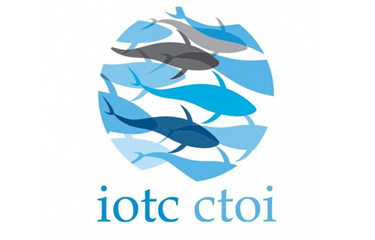IOTC data indicates tuna still overfished

The Indian Ocean Tuna Commission (IOTC) has published its 2019 nominal catch data, indicating that multiple species of tuna are being overfished.
The IOTC data indicates that 16 percent more Indian Ocean skipjack was caught than provided by the commission’s harvest control rule. At the same time, the data shows the Indian Ocean yellowfin, that is already overfished, exceeded 100,000 metric tons (MT) on top of the quantity “required to rebuild the stock in two generations.”
In an earlier report, the Global Tuna Alliance (GTA) had estimated that “a 25 percent effort catch is required to rebuild the Indian Ocean yellowfin stock in two generations, (which) equates to a catch level of approximately 325,000 metric tons.”
Without curtailment of the overfishing, the GTA said, the stock is in trouble.
“It is abundantly clear that this stock will not recover unless action is taken at the 24th session of the IOTC in November,” GTA says. This year’s IOTC sessions, to be held via video conference, have been slated for 2 to 6 November.
The IOTC data shows a decline of 10 percent for the skipjack tuna catches since 2018 – the catch was 609,179 MT that year and fell to 547,248 MT in 2019. That number is still higher than the 505,486 MT harvested in 2017.
In 2017, IOTC had enacted a harvest control rule for specific fish species, including the skipjack tuna, that fixed the catch volumes at 470,029 MT for the 2018-2020 period, which is 16 percent less than the 2019 catch.
GTA has urged IOTC to “ensure catches of skipjack in 2018-2020 period do not exceed the agreed limit.”
Meanwhile, the overfished yellowfin tuna, a highly mobile species caught by many countries that has also been under a rebuilding plan since 2017, saw catches drop by 3 percent in the last two years to 427,240 MT in 2019 – down from the 440,834 MT in 2018. That catch is still higher than 2017’s, which reached 421,825 MT.
According to the International Seafood Sustainability Foundation (ISSF) – an organization that facilitates science-based initiatives for the long-term conservation and sustainable use of global tuna stocks – overall yellowfin tuna catches “seem to be increasing again, especially in purse seine and other gears fisheries” but warns the “stock is estimated to be overfished and overfishing is occurring due to an increase in catch levels in recent years.”
However, the foundation said in the skipjack fishery, “overfishing is not occurring and the stock is not overfished.”






Share